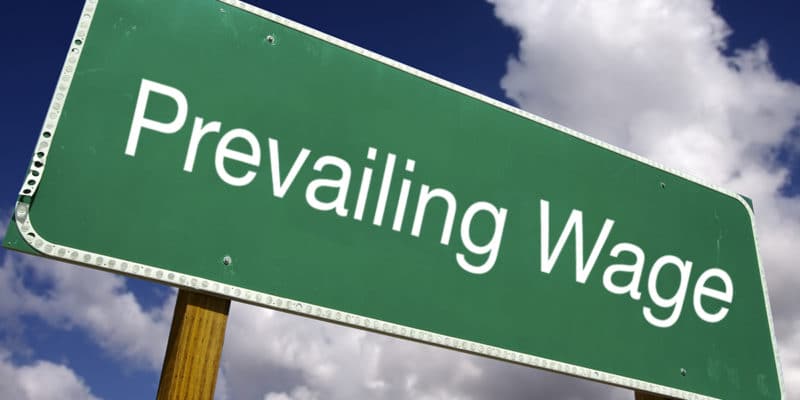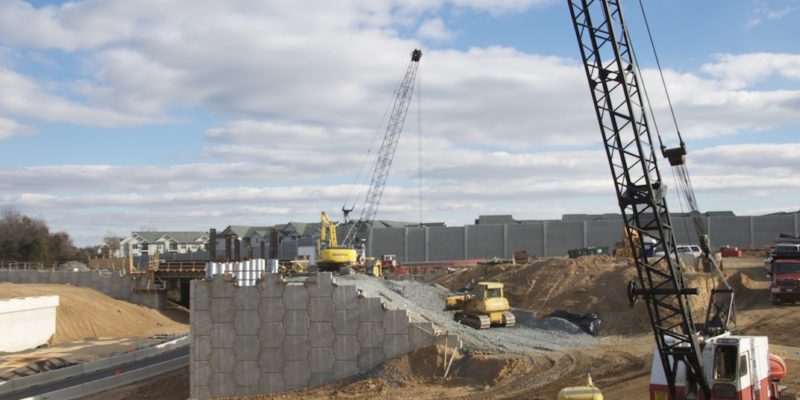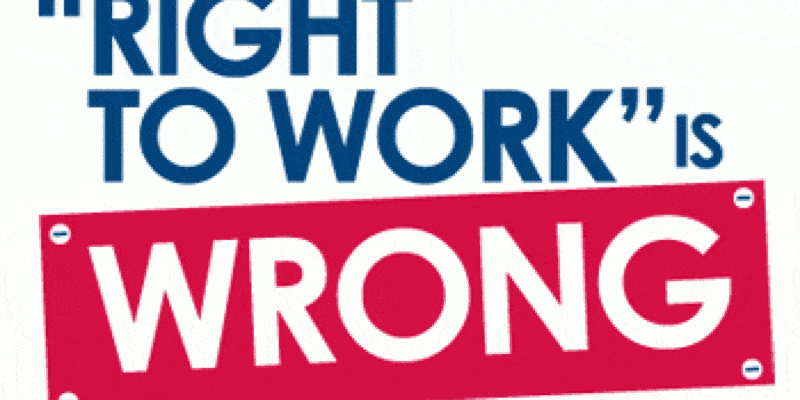By JONAH CHESTER (April 11, 2022)
MADISON – A new report finds declining wages in the construction industry, fueled by wage theft and payroll fraud, are pushing more construction workers into social-support programs.
The analysis, by the Labor Center at the University of California-Berkeley, found between about 12% to 21% of construction workers across the country are either misclassified as independent contractors or paid under the table, depriving them of health insurance and other employer-provided benefits.
Peter Barca, secretary of the Wisconsin Department of Revenue, said the practice is cheating.
“These scammers, many of whom are coming into the state surreptitiously, they’re cheating the state out of revenue,” Barca asserted. “Worse, they’re cheating workers by misclassifying them. They’re cheating law-abiding companies within the state, and they really cheat everybody.”
The report noted 15% of construction workers in Wisconsin do not have health insurance, more than twice the rate of all workers in the state, and $207 million is spent annually on social-support programs, such as SNAP and Medicaid, to support families of construction workers.
Last month, a task force empaneled by Gov. Tony Evers released new recommendations to tackle wage theft and payroll fraud, which include bolstering penalties and tracking policies for the illegal practices.










